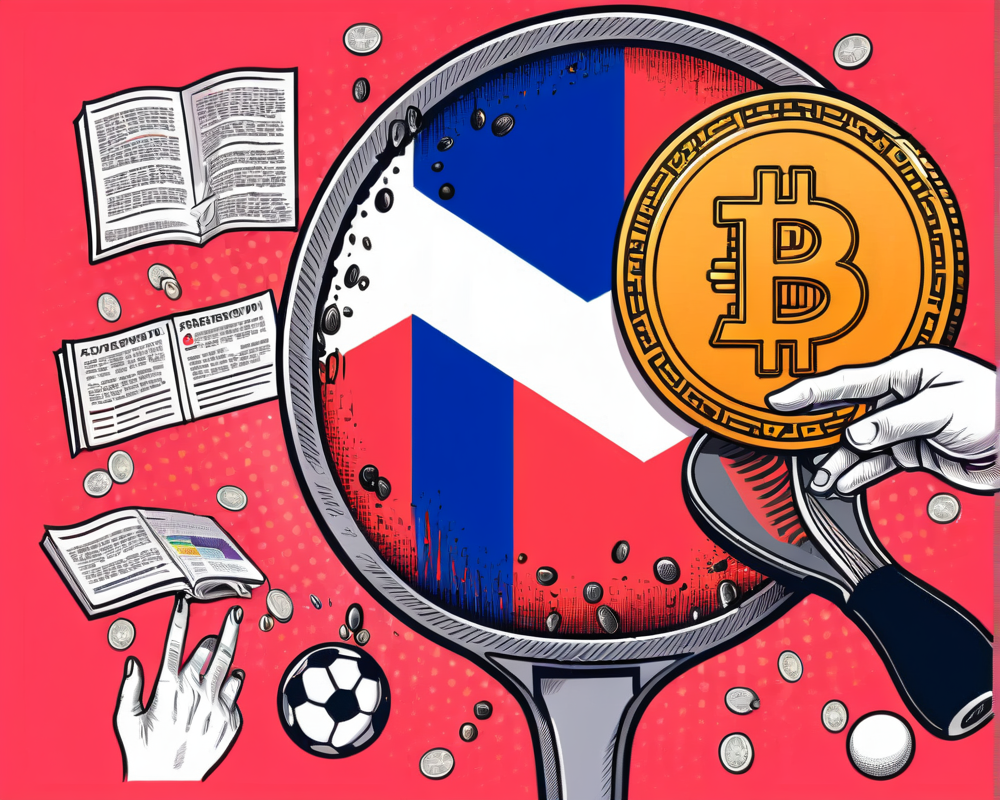A Chaotic Game of Ping Pong
When it comes to regulating cryptocurrencies like Bitcoin in Russia, you could say the authorities are playing a game of ping pong—and it’s anyone’s guess who’s winning. The country’s Ministry of Finance is serving up proposed amendments to the existing law, “On Digital Financial Assets” (DFA), which aims to impose a heavy ban on many crypto operations.
Proposed Amendments: A Blank Canvas of Restrictions
According to local news sources, the amendments envision a “blanket ban” on all operations with virtual currencies for individuals and individual entrepreneurs. This sounds a bit like trying to play baseball with a soccer ball—confusing and likely unproductive.
The exceptions listed? They’re as limited as a diet of bread and water:
- Inheriting crypto assets
- Transacting during bankruptcy
- Handling finances during enforcement proceedings
It’s almost as if the ministry believes cryptocurrency should only exist in dire circumstances.
The Miners’ Dilemma
One of the more puzzling aspects of the proposed amendments is the ban on miners receiving payment for their hard work. Sure, they can legally mine Bitcoin or Ethereum, but monetizing those efforts? Not so much. Without the ability to cash out, it raises a crucial question: What’s the point?
The Legislative Tug-of-War Continues
Since the initial DFA bill was passed in July 2020, the Russian government has indicated that more regulations are on the way with another law dubbed “On Digital Currency” (DA). It’s reminiscent of waiting for a sequel to a blockbuster film—lots of buildup with little resolution in sight.
The DA bill was expected to cruise through by late 2020. Meanwhile, the DFA law plans to adopt a ban on crypto-denominated payments as early as January 2021. Are we seeing a brewing storm of confusion? You bet!
The Case of Blocked Websites
Things took an interesting turn in late August 2020 when Roskomnadzor, Russia’s telecommunications regulator, blocked access to BestChange.ru—an aggregator for about 400 crypto exchanges. The site was accused of distributing sensitive information about buying and selling cryptocurrencies, while BestChange defended itself by stating it did not offer such services. Talk about a classic case of miscommunication!
Conclusion: A Puzzle Yet to be Solved
With proposed amendments causing waves of bewilderment and many areas of cryptocurrency still floating in legal limbo, Russia’s crypto scene is anything but clear. As the authorities keep bouncing ideas around like a ping pong ball, Bitcoin enthusiasts are left wondering what will stick.




